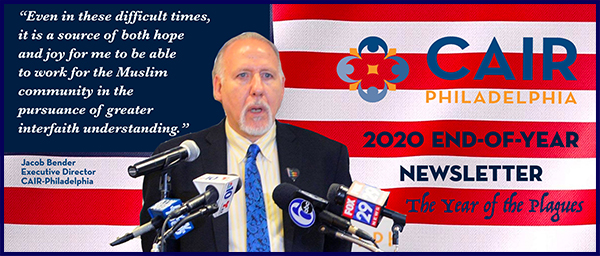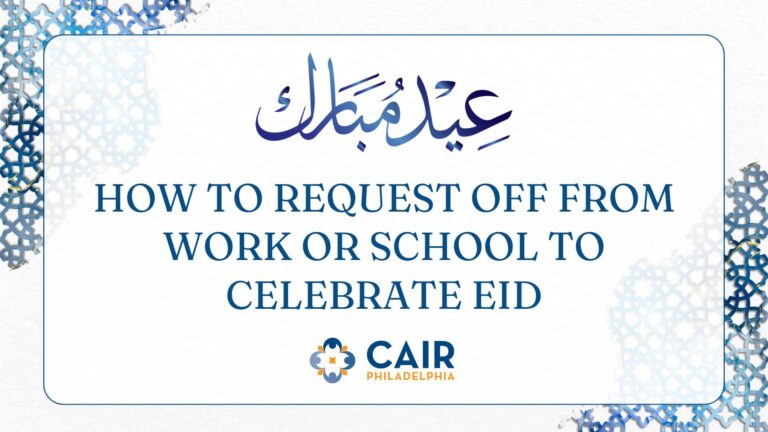The plague began in the land of darkness. China was not preserved from it. The plague infected the Indians in India, the Sind, the Persians, and the Crimea. The plague destroyed mankind in Cairo. It stilled all movement in Alexandria. Then, the plague turned to Upper Egypt. The plague attacked Gaza, trapped Sidon, and Beirut. Next, it directed its shooting arrows to Damascus. There the plague sat like a lion on a throne and swayed with power, killing daily one thousand or more and destroying the population. Oh God, it is acting by Your command. Lift this from us. It happens where You wish; keep the plague from us.
The passage above is an excerpt from Ibn al-Wardi’s “An Essay on the Report of the Pestilence.” Ibn al-Wardi was a medieval Arab writer, philosopher, and historian who travelled in the Middle East during the plague, to which he himself succumbed in 1349.

One hundred years ago, 680,000 Americans died in the Spanish Flu Pandemic that ravaged the United States, with Philadelphia being the worst hit city in the nation. Among the dead was my grandfather Yitzhak Bendersky, who had emigrated from Russia to America only a few years before in search of a better life for his family and himself.
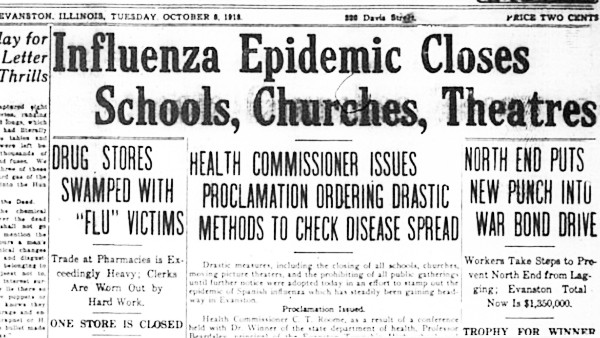
Reading about the Spanish Flu of the last century has a terrifying ring of familiarity: a murderous disease coming in first, second, and even third waves; the agonizing symptoms; the overwhelmed hospitals; the quarantining and loss of human contact; and the stench of death in the poor and overcrowded neighborhoods of America’s urban metropolises.
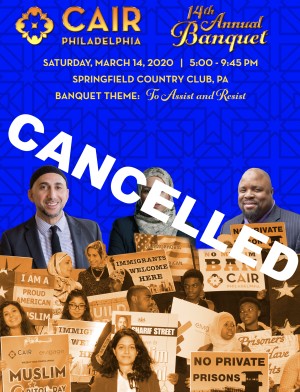
While CAIR-Philadelphia’s staff and leadership were very lucky not to have been infected with the coronavirus, our chapter was nonetheless impacted in numerous other ways:
- In early March of 2020, after five months of pre-production work, we had to cancel our Annual Banquet — our single largest fundraising event of the year — because of the rapidly spreading pandemic.
- In April, the (Quaker) Friends Center, where we shared the building with 40 other social justice nonprofits, closed its doors because of the pandemic.
- As a result, the four staff members of CAIR-Philadelphia have been working remotely from our homes. As many of you have discovered, this has positive and negative ramifications for both our productivity and our emotional equilibrium.
Given all the above, I therefore found this post by Huma Raja, a psychologist and member of our Advisory Board, of particular relevance:
PSA: it’s okay not to be okay. Holiday season is among us and with it comes all the emotions. Since our holiday plans may look very different this year, many of us may be feeling increasingly stressed or sad. Acknowledge and feel your emotions. It’s okay to take time to be sad. Seek help if you need it. Do not be ashamed of taking care of your mental health. (Excerpt from original on Instagram.)
As my two dear colleagues, Ahmet Selim Tekelioglu and Timothy Welbeck, Esq., have reported on in recent issues of this newsletter, as the coronavirus spread across the country at the start of 2020, CAIR-Philadelphia sprang into action, sending out over a dozen blasts and hosting many webinars on COVID-related topics with medical professionals.
Alas, the coronavirus was not the only plague we faced in 2020. The pandemic brought about a dramatic downturn of the American economy dnot seen since the Great Depression of the 1930s, adding another level of stress to our work. And American history is replete with the scapegoating of minority populations during times of economic stress, Muslims only the latest group to be accused of being threats to the “American Way of Life.”
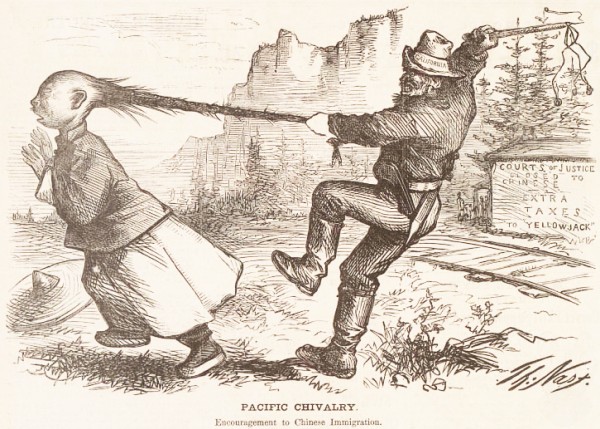
Thus xenophobia — the fear and hatred of foreigners, primarily of non-white populations — is our third plague and has been one of the defining ideological foundations of American society since even before 1776.
It is overwhelmingly sad that 244 years after our birth as a nation, the United States still suffers from the lingering trauma of the “the peculiar institution.” CAIR-Philadelphia has, and will, continue to address in webinars and diversity trainings, and in every way we can, the historical residue of white supremacy, both in society at large and within the Muslim community itself.
One strategy of addressing racism is through securing and defending the right to vote for all sectors of American society, regardless of race and national origin. As Ahmet reported earlier, our Chapter did precisely that, engaging with over 90 volunteers to register Muslims and to “Get Out the Vote” on Election Day.
What we should never forget, however, is the fact that the right to vote was withheld from the great majority of the American people: women, non-land-owning men, and indigenous Americans. Americans paid with their lives for the right to vote, and when we went to the polls on November 3rd, we were standing on the shoulders of Harriet Tubman, Fannie Lou Hamer, and John Lewis.
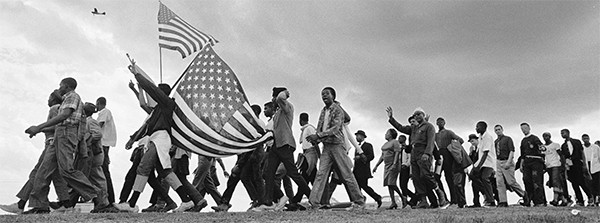
CAIR-Philadelphia is a unique institution in both this city and the network of 33 CAIR chapters around the country. I am privileged to work with the Muslim community and honored to serve as our Chapter’s Executive Director since 2013.
Even as we can see the proverbial light at the end of the tunnel as the vaccine slowly begins to be administered across the land, and mercy and compassion promised to be restored, the need for an organization such as CAIR-Philadelphia could never be more apparent.
The year 2021 offers us a historic opportunity to repair, not to rend; to build, not to bomb; to sustain, not to squander our planet’s precious resources and guarantee a just and livable future for all of humankind. Donating to CAIR is an act of hope and a declaration of faith that this future is still possible.
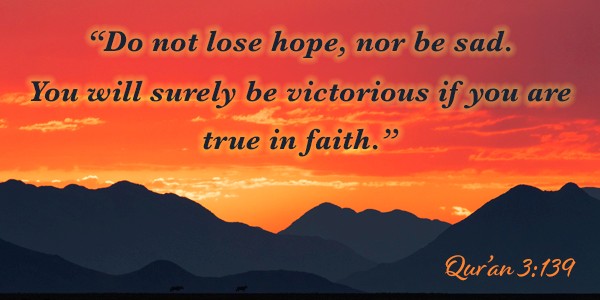
[Quran 3:139]
I humbly ask for your donations so that CAIR can continue to serve you, the Muslim community, and all the people of this great metropolis.
Thank you for your generous support.


